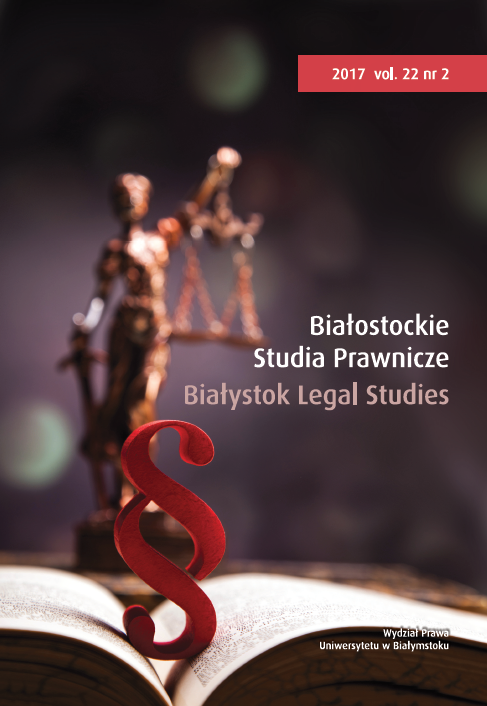Granice autonomii małoletniego żywego dawcy w transplantacji
Limits of the autonomy of a young living donor in transplantation
Author(s): Anna SporczykSubject(s): Health and medicine and law
Published by: Temida 2
Keywords: autonomy; young living donor; ex vivo transplantation; consent for transplant;
Summary/Abstract: The problem of legal regulation in the taking of ex vivo graft s from a young living donor raises much controversy. According to the Polish Collection, Storage and Transplantation of Cells, Tissues and Organs Act, a minor can only be a donor in exceptional cases – a cumulative number of prerequisites must be met. At the same time, this regulation provides solutions which respect the autonomy of minors. Firstly, the object of the transplant from a young living donor involves only cells having the ability to regenerate – that is bone marrow and peripheral blood. Another necessary condition for the legality of transplantation is to determine whether it is both legitimate and purposeful. Furthermore, the protection of the interests of the young living donor is reflected in legislation restricting the circle of recipients – minors can only be a donor for his or her siblings. The most important legal safeguard of the young donor’s interests seems to be the procedure of obtaining judicial authorization to make the transplant, which is preceded by the consent of his legal representatives. Moreover, in the case of bone marrow transplants, a minor over 13 years of age also has the legal right of consent.
Journal: Białostockie Studia Prawnicze
- Issue Year: 22/2017
- Issue No: 2
- Page Range: 57-68
- Page Count: 12
- Language: Polish

